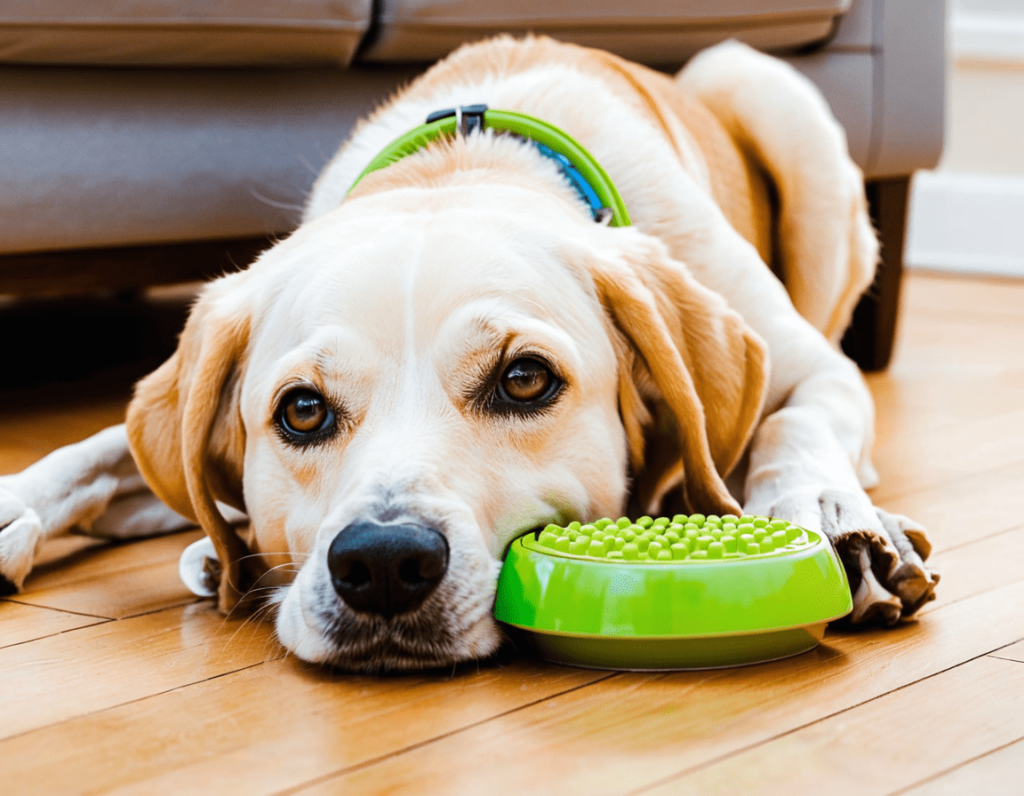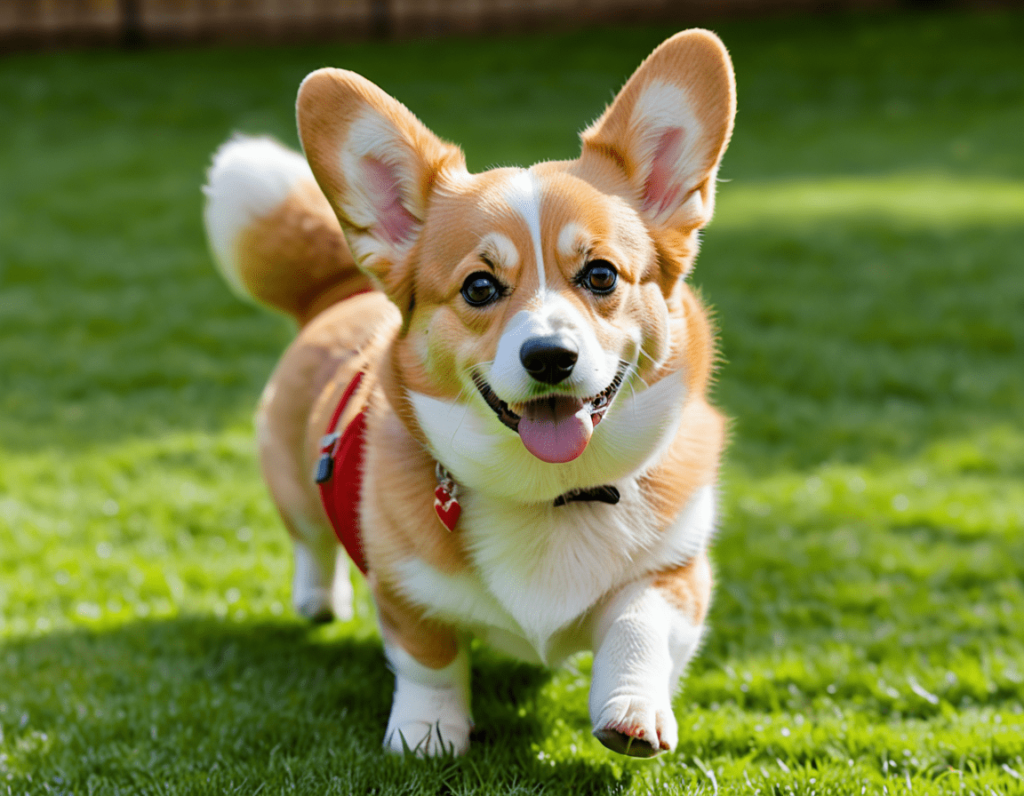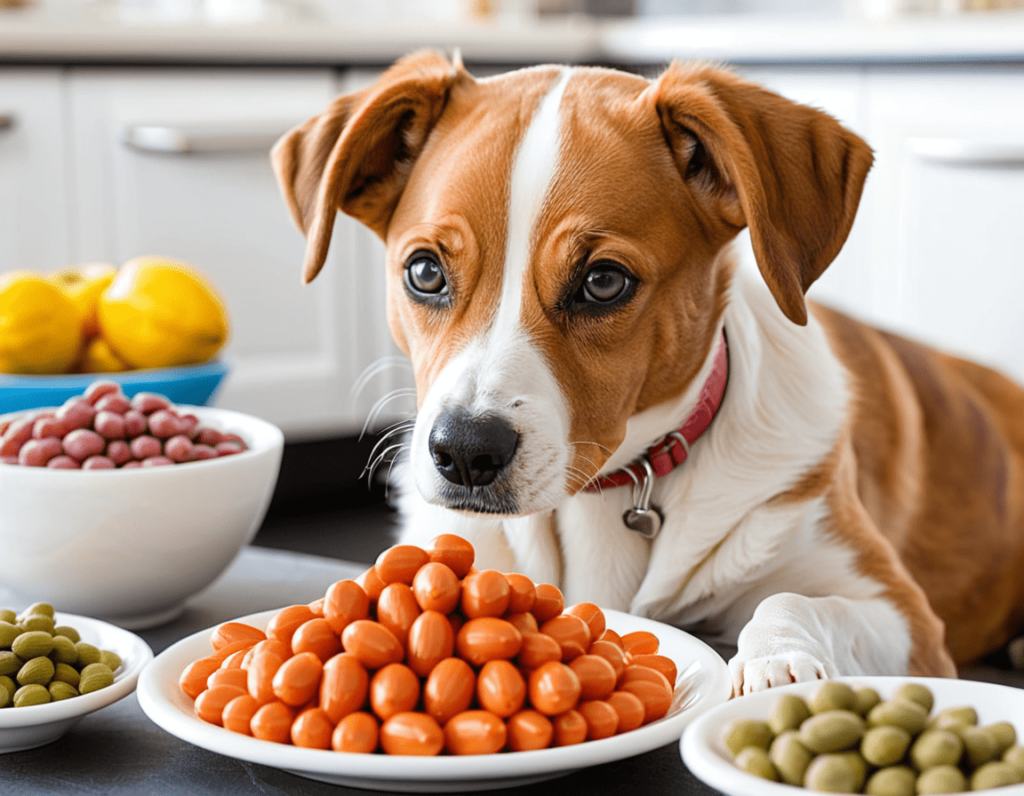
Tips and Tricks for a Chew-Free Home
If you’re a dog owner, you probably know the struggle: one minute you’re admiring your pup’s adorable face, and the next, you catch them red-pawed, chewing on your favourite shoes. While dogs are known for their loving nature, they can also have a notorious reputation for being little chew machines. But fear not! With a little patience and some clever strategies, you can help your furry friend kick the chewing habit and save your belongings in the process. Let’s dive into some effective ways to stop a dog from chewing!
Understanding Why Dogs Chew
Before we jump into the solutions, it’s important to understand why dogs chew in the first place. Dogs may chew for a variety of reasons, including:
- Teething: Just like babies, puppies go through a teething phase. This can make them eager to chew on anything they can find (sorry, shoes!).
- Boredom: If your dog isn’t getting enough mental or physical stimulation, they may resort to chewing to entertain themselves. Shoes don’t stand a chance against boredom!
- Anxiety: Dogs can experience separation anxiety or stress, which might lead them to chew as a way to cope. It’s their version of stress eating—only with your furniture.
- Curiosity: Dogs explore the world with their mouths. If something looks interesting, they’re likely to give it a good chew!
1. Provide Appropriate Chew Toys
One of the best ways to redirect your dog’s chewing behaviour is to provide them with plenty of appropriate chew toys. Look for durable toys designed specifically for chewing, such as rubber toys, rope toys, or even edible chews. Here’s a pro tip: always choose toys that are the right size for your dog—nothing is worse than a toy that’s too small and could pose a choking hazard. Plus, a good chew toy can keep your dog entertained for hours. Just make sure you’re not in the vicinity when they finally get to the squeaky part!
2. Keep Your Belongings Out of Reach
Let’s face it: if your shoes are lying around, they’re just begging to be chewed. To help prevent your dog from getting into trouble, make sure to put away anything you don’t want them to chew on. This includes shoes, remote controls, and even that fancy pair of glasses you forgot to put back on the shelf. A clean space equals a happy pup (and a happy owner, too!).
3. Use Bitter Sprays
If your dog has a particular penchant for chewing on furniture or other household items, consider using a bitter spray. These sprays are designed to deter dogs from chewing by applying an unpleasant taste to the object. Just spray it on the items you want to protect, and voilà! Your pup will think twice before taking a bite. It’s like putting a “do not enter” sign on your favourite chair!
4. Exercise and Mental Stimulation
A tired dog is a happy dog, and one that’s less likely to chew out of boredom. Make sure your furry friend gets plenty of exercise every day. Take them for walks, play fetch, or engage in interactive games like hide-and-seek (just make sure you hide in a place they can find you!). Additionally, mental stimulation is just as important. Puzzle toys or training sessions can help keep your dog’s mind busy and less focused on your shoes.

5. Training and Positive Reinforcement
Training plays a crucial role in curbing unwanted chewing behavior. Use positive reinforcement techniques to teach your dog what is acceptable to chew. When you catch your dog chewing on their toy instead of your shoe, praise them and offer a treat. Consistency is key! If they start to chew on something they shouldn’t, redirect them to their toys and reward them when they comply. Think of it as a mini game of “Catch Me If You Can”—only instead of running away, they get a treat!
6. Address Anxiety
If your dog’s chewing is driven by anxiety, it’s important to address the root cause. Try to create a calm environment and establish a routine. You might also consider crate training to give your dog a safe space when you’re not around. If the anxiety persists, consulting a veterinarian or a dog behaviourist can help identify the best course of action.
7. Be Patient
Remember, breaking a chewing habit doesn’t happen overnight. Be patient with your pup and keep working on the strategies that suit them best. Just like humans, dogs take time to learn and adjust. And hey, if you catch them chewing something they shouldn’t, just remember that they’re probably just trying to make their own “art installation” out of your favourite shoes.
Conclusion: A Chew-Free Home Awaits!
With a little effort and understanding, you can help your dog overcome their chewing habit and save your belongings in the process. By providing appropriate toys, keeping your space tidy, and using positive reinforcement, you’ll be well on your way to a chew-free home.
So, stock up on those chew toys, put your shoes on a high shelf, and prepare for a happier, less destructive canine companion. After all, your shoes may never be the same, but your dog’s chewing days can certainly come to an end!
About Dog Chewing (FAQs) :
To further assist dog owners dealing with chewing issues, here are some common questions and answers that provide additional insights and solutions.
1. Why does my puppy chew everything?
Answer: Puppies chew as a natural behaviour, especially during teething. This helps relieve the discomfort they feel as their baby teeth fall out and adult teeth come in. Additionally, puppies explore their world with their mouths, so they may chew to satisfy their curiosity. Providing appropriate chew toys can help redirect this behaviour.
2. What are some safe chew toys for my dog?
Answer: When choosing chew toys, look for durable materials that are safe for dogs. Rubber toys, nylon bones, and rawhide alternatives are great options. Always ensure that toys are the right size for your dog to prevent choking hazards. If your dog is an aggressive chewer, opt for heavy-duty toys designed for tough chewing.
3. Is it normal for dogs to chew on furniture?
Answer: Yes, chewing on furniture can be a normal behaviour for dogs, especially if they’re bored, anxious, or teething. However, it’s essential to redirect this behaviour by providing suitable chew toys and using deterrent sprays on furniture. Consistent training will also help teach your dog what is acceptable to chew.
4. How can I tell if my dog is chewing out of boredom?
Answer: Signs that your dog is chewing out of boredom include excessive chewing on inappropriate items, digging in the yard, or engaging in other destructive behaviors. If your dog seems restless or lacks interest in their toys, they might be seeking stimulation. Increasing their exercise and providing interactive toys can help alleviate boredom.

5. What should I do if my dog won’t stop chewing?
Answer: If your dog’s chewing persists despite your efforts, consider consulting with a veterinarian or a professional dog trainer. They can help identify underlying issues such as anxiety or health concerns and provide personalised strategies to address the behaviour.
6. Are there specific dog breeds that chew more than others?
Answer: While all dogs can chew, some breeds are more prone to it due to their energy levels and natural instincts. Breeds like Labrador Retrievers, Beagles, and terriers often exhibit higher chewing tendencies. Understanding your dog’s breed characteristics can help you better manage their chewing habits.
7. Can I punish my dog for chewing?
Answer: Punishment is not an effective method for stopping chewing and can lead to anxiety and fear. Instead, focus on positive reinforcement by rewarding your dog for chewing appropriate items and redirecting them when they chew something they shouldn’t. This builds trust and encourages good behavior.
8. How do I deal with separation anxiety while chewing?
Answer: If your dog chews when left alone, they may be experiencing separation anxiety. Gradual desensitisation can help them feel more comfortable being alone. Start by leaving your dog alone for short periods and gradually increase the duration. Providing interactive toys or a cosy crate can also help ease their anxiety.
9. Can certain diets influence chewing behaviour?
Answer: A balanced diet is essential for your dog’s overall health and can impact their behavior. Some dogs may chew due to nutritional deficiencies or boredom with their food. Ensure your dog receives high-quality nutrition and consult your veterinarian for dietary advice tailored to your dog’s specific needs.
10. Is chewing a sign of a health issue?
Answer: In some cases, excessive chewing may indicate underlying health problems, such as dental issues or digestive discomfort. If your dog is suddenly chewing more than usual or shows signs of distress, consult your veterinarian to rule out any medical concerns.
Final Thoughts
Dealing with a dog that loves to chew can be challenging, but it’s also an opportunity for bonding and learning. By understanding your dog’s needs, providing appropriate outlets for their chewing, and being patient, you can create a more peaceful home environment. Remember, every dog is unique, so it may take some trial and error to find the right solutions for your furry friend.
With these tips, you’ll be well-equipped to tackle chewing problems head-on. Here’s to a happy, chew-free home where your dog can express their playful nature without turning your belongings into chew toys! And if all else fails, just remember: your shoes can always be replaced, but the love of a dog is truly priceless!


